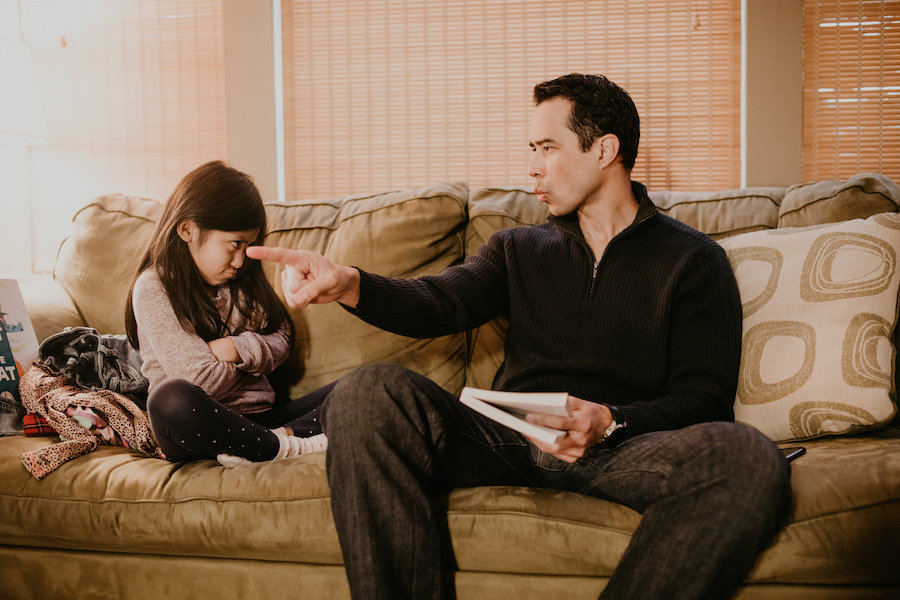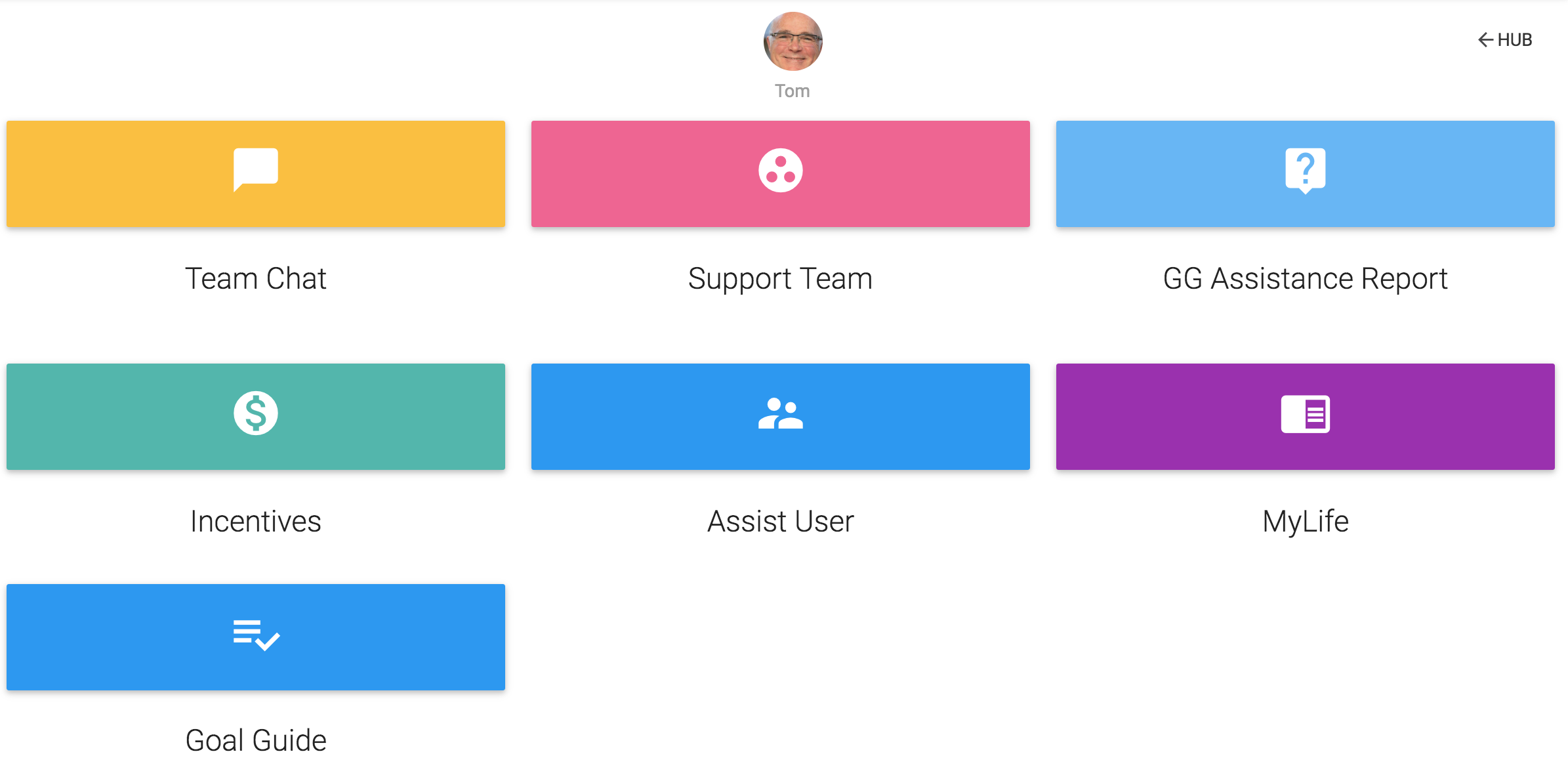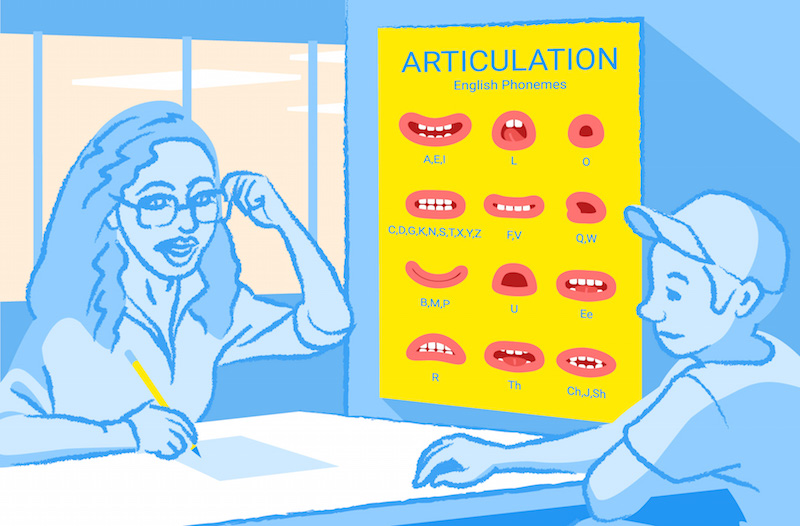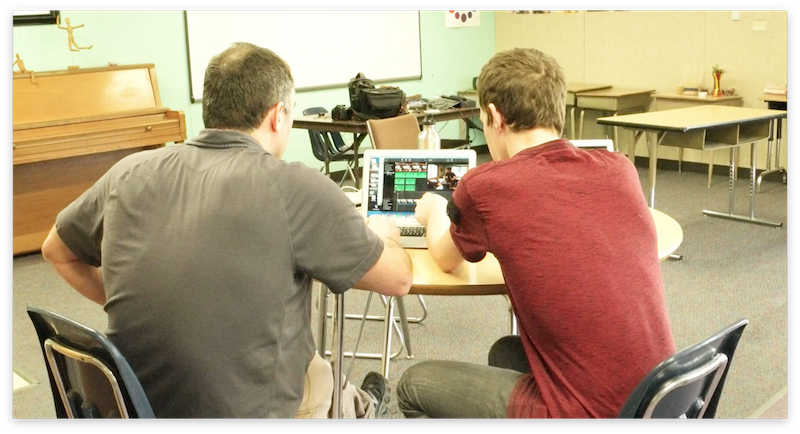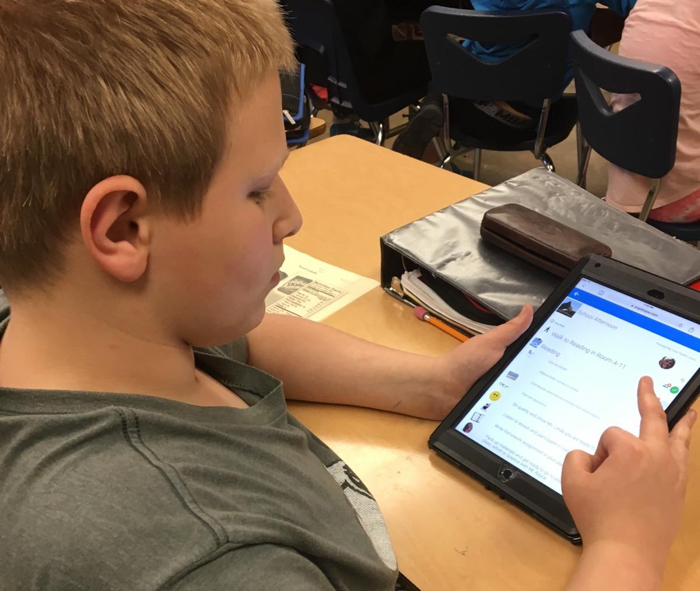TIPS Project Update: Helping Parents of Children with Traumatic Brain Injury
The Traumatic Brain Injury Positive Strategies project (TIPS) is a collaborative effort among Assistech Systems LLC, the Center on Brain Injury Research and Training (CBIRT) at the University of Oregon, and Cincinnati Children’s Hospital Medical Center. Now in its second year of development, TIPS is a powerful web-based training resource designed specifically for families supporting a child with a brain … Read More

